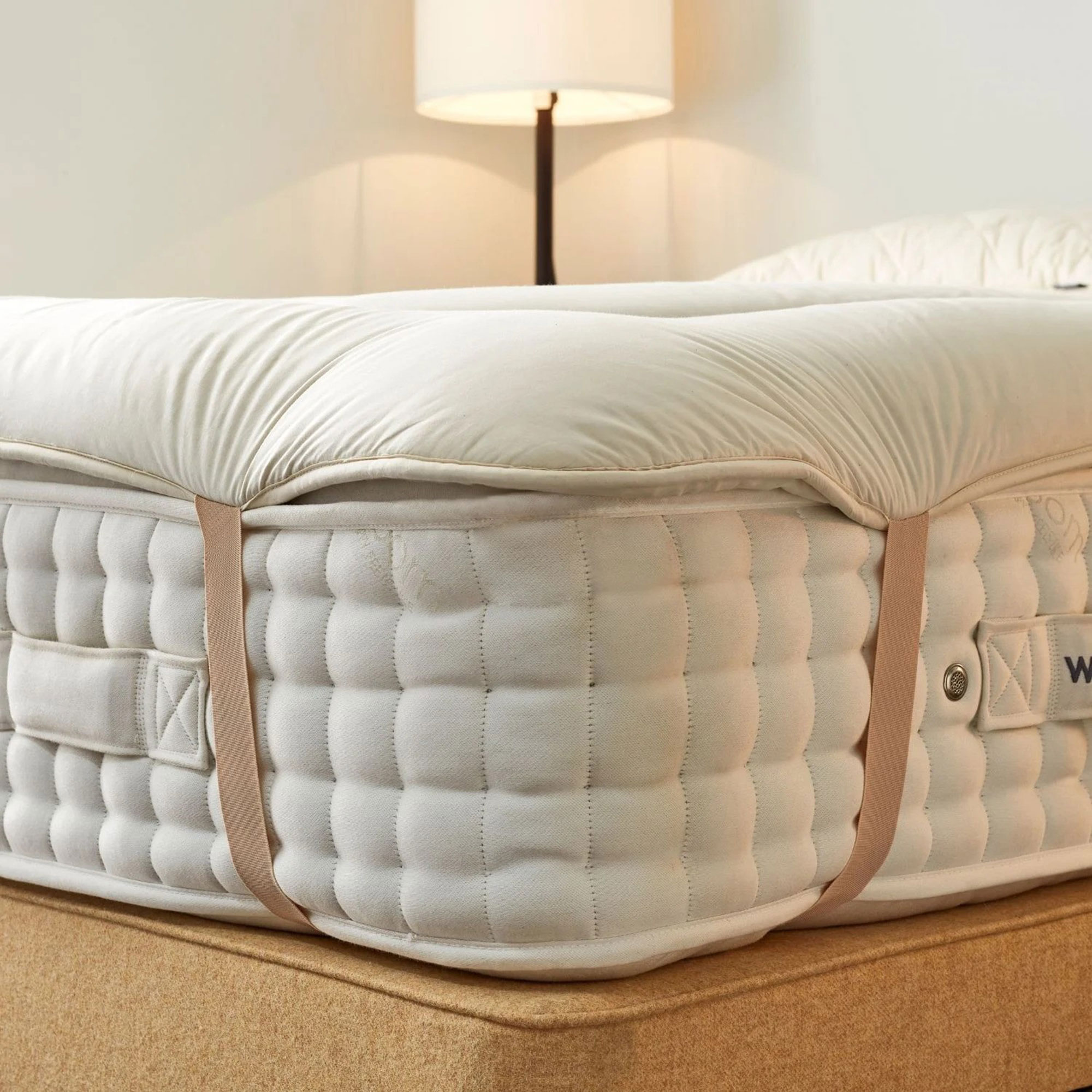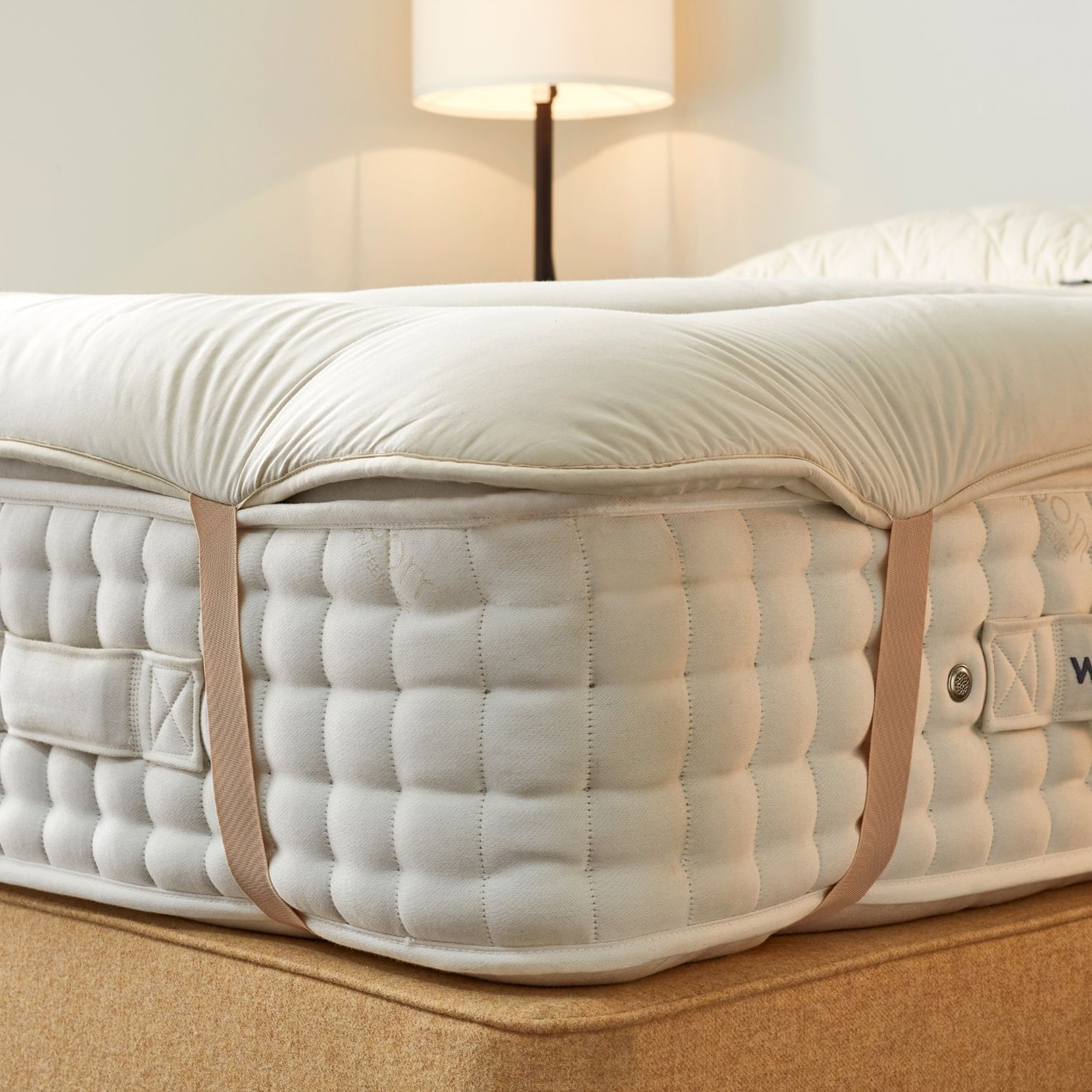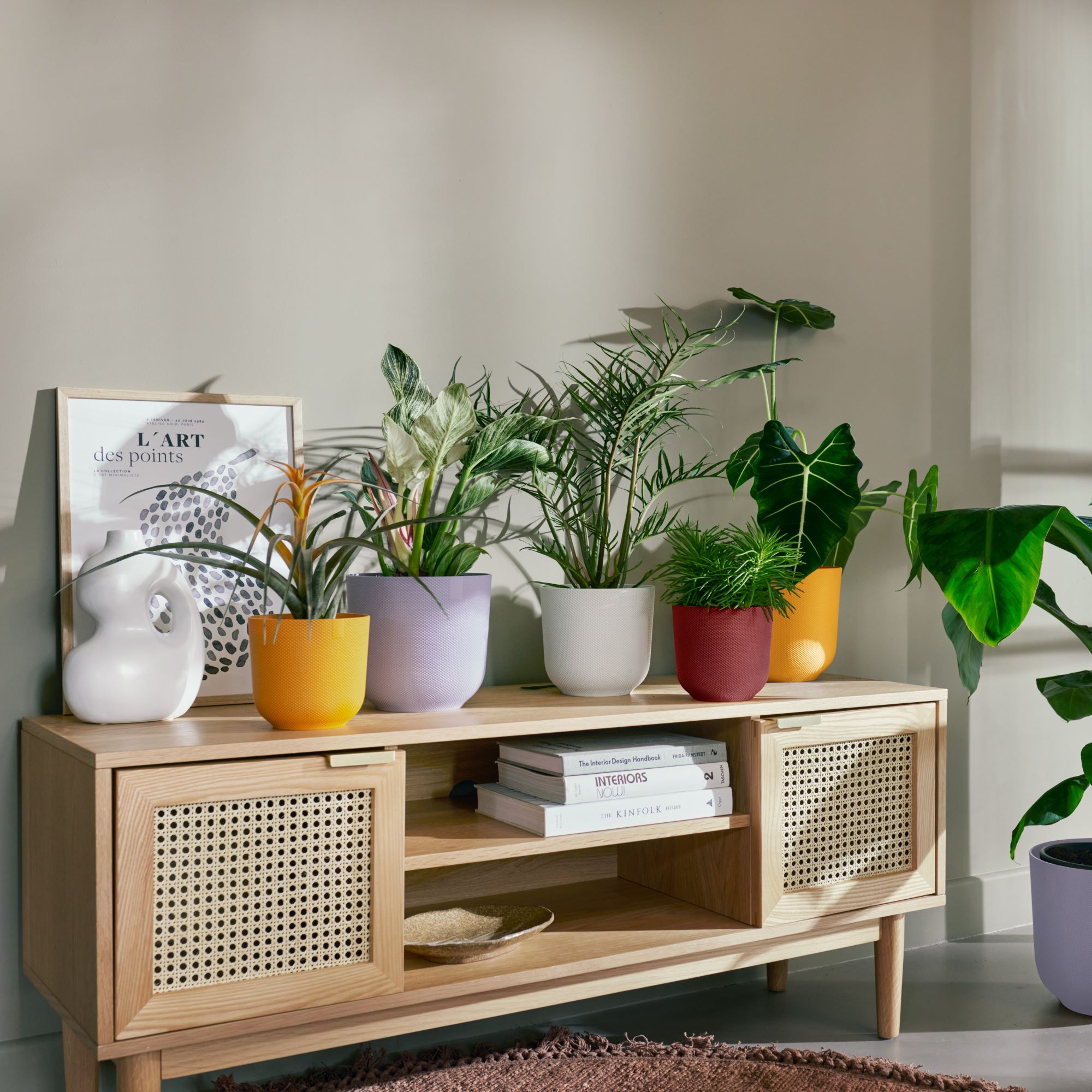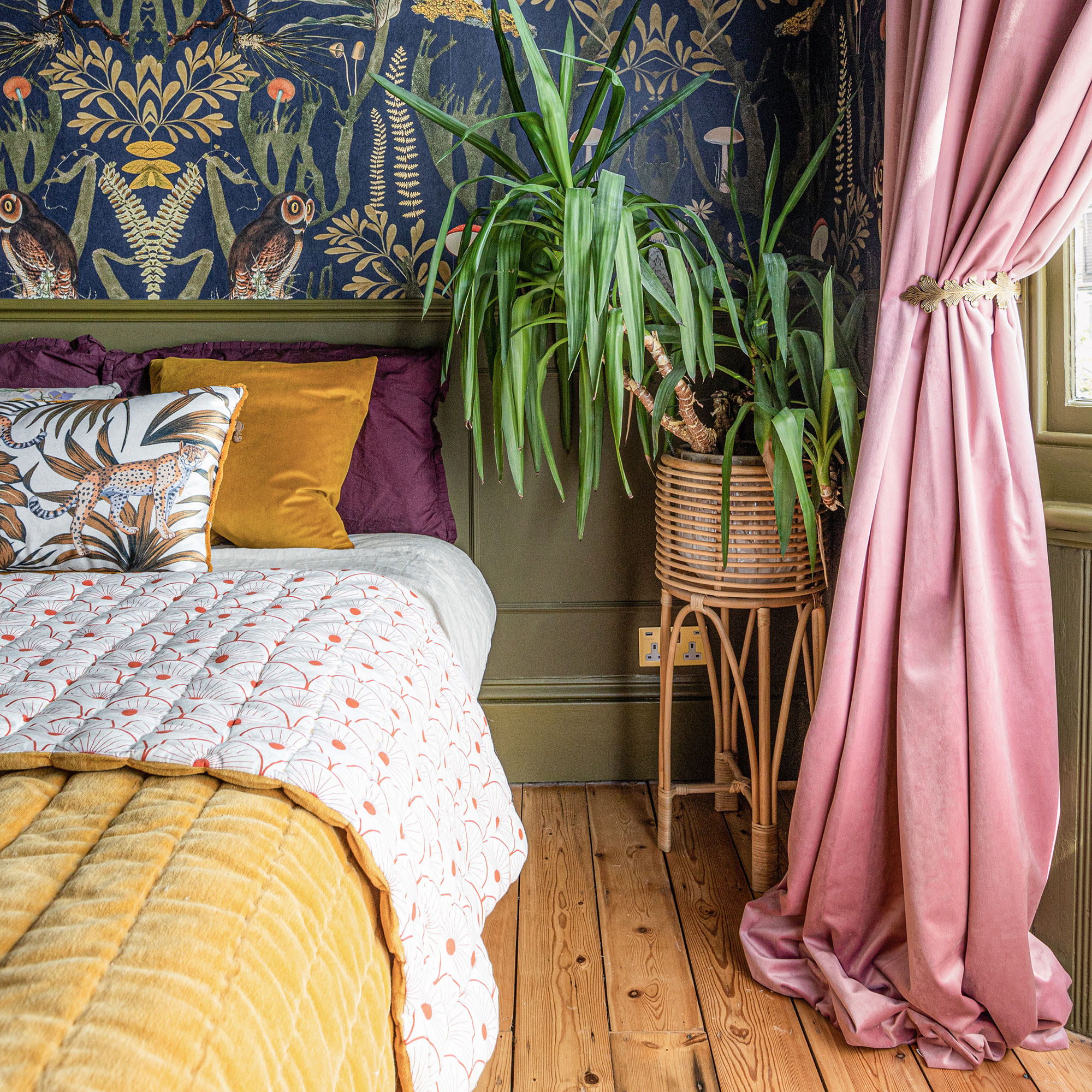The five items in your home making your hay fever symptoms worse this summer
Hay fever sufferers are likely to be on high alert at the moment - and these items could make symptoms worse


Sign up to our newsletter for style inspiration, real homes, project and garden advice and shopping know-how
You are now subscribed
Your newsletter sign-up was successful
Spring and the beginning of the summer usually signals the start of allergy season for hay fever sufferers. So while many people are exulting the joys of warmer days, those with hay fever are usually busy trying to stem a running nose, or soothe dry, itchy eyes.
If you suffer from hay fever and have done for years, it’s likely that you’ve got a handful of tried and tested tips to hand to help you cope with symptoms, such as using the best air purifier to ease your symptoms. However, what you may not have considered is that there are a few items in your home that might actually – without you knowing – be making your hay fever worse!
Many items in your home can actually hold on to the pollen that makes hay fever sufferers' eyes stream and nose water; so it’s super important to be aware of the things that could be making summer allergies worse without even being aware. So what are the potential guilty culprits in your home?
5 items in your home making your hay fever worse
1. Your mattress

It’s certainly inconvenient, but did you know even the best mattress could be harbouring allergens that trigger hay fever if it's on the old side? Jonathan Warren, director at bed specialist Time4Sleep, explains, 'A mattress can be a key pain point for allergy sufferers. Dust mites can find a home within the inner cavities of a coil spring mattress, alongside mildew and skin cells which can trigger common allergies such as hay fever.'
While it may not be possible for everyone to do so, Jonathan advises switching your mattress if at all possible – which might be especially worth it if hay fever symptoms can be debilitating for you.
'Consider a mattress with a solid core such as memory foam or latex,' he advises. 'With reduced space for allergens to hide, you can avoid sneezes and sniffles come bedtime.'
Alternatively, you could try investing in one of the best mattress toppers like one from Woolroom. Our reviewer found when she tested it that it almost eliminated her allergies when sleeping.
Sign up to our newsletter for style inspiration, real homes, project and garden advice and shopping know-how

Made from wool this mattress topper has the Allergy UK Seal of Approval, and is currently reduced by 20% with code Sleep20.
2. Summer caps
Pollen flying around outdoors can often get stuck to clothes, but one expert suggests that many of us forget about the accessories we wear in summer too, which can equally become harbingers of allergens.
Specifically, Alex Econs, garment cleaning expert and founder of custom printing company ICON Printing, explains that summer caps can accumulate pollen without you realising.
'Whether worn for exercise, work or sun protection, caps quickly become hotbeds for allergens – so depending on how often you wear your cap, you should be washing them once every 7 wears at least,' he says.
'Pollen sticks to just about everything, so it's inevitable that some of the particles will also end up on your accessories too.'
3. Indoor plants

Yes, we hear you plant lovers; the thought of doing away with your favourite houseplants – from a beloved peace lily to a classic snake plant – is certainly heartbreaking. But if you suffer with hay fever, that may be exactly what you need to do. Sob!
Indoor plants – even the most colourful houseplants, or the fastest-growing houseplants – can easily harbour pollen on their leaves, which is less than ideal for those who suffer with allergies.
But there are ways around this issue, thankfully. Dusting your houseplants is a wise idea for those who suffer with allergies, and buying houseplants that reduce dust can also be a good idea. You can also opt for varieties of houseplants that have low levels of pollen, such as orchids, or aloe vera plants.
4. Contact lenses
As bizarre as it sounds, contact lenses can also be a prime spot for pollen to accumulate, so they are unlikely to be ideal for allergy sufferers.
Allergens like pollen and dust can actually get trapped behind a contact lens unwittingly, which can cause serious discomfort for the wearer as time goes on.
But if you suffer with hay fever and still want the option of wearing contacts, experts advise that daily contact lenses, rather than monthly options, are likely to be a better option, to reduce the likelihood of allergens sticking around.
5. Curtains

Interestingly, curtains can also cause our hay fever symptoms to get worse, according to one expert; especially if they aren’t dusted or cleaned regularly.
It makes a lot of sense; heavy fabrics can more easily pick up and hold onto allergens, Helen O’Connor, Product Manager at 247 Blinds explains. 'While it may seem like your fabric blinds and curtains aren’t getting dirty, over time they can absorb dust and moisture in the air.
'When windows are left open, they can also harbour pollen and dirt from the outside, which build up and can cause irritation. If neglected this will just continue to gather which is why regular cleaning is essential.'
All you need to do to tackle this issue is ensure you dust, shake out and vacuum your curtains (and blinds) on a semi-regular basis, or even more often if you suffer badly, to rid your home of pollen as much as possible. The best vacuum cleaners should all come with an upholstery attachment to help with this.
After reading this list, will you be trying any of these tips?

Amy Hunt is an experienced digital journalist and editor, now working in a freelance capacity specialising in homes and interiors, wellness, travel and careers. She was previously Lifestyle Editor at woman&home, overseeing the homes, books and features sections of the website. Having worked in the industry for over eight years, she has contributed to a range of publications including Ideal Home, Livingetc, T3,Goodto, Woman, Woman’s Own, and Red magazine.